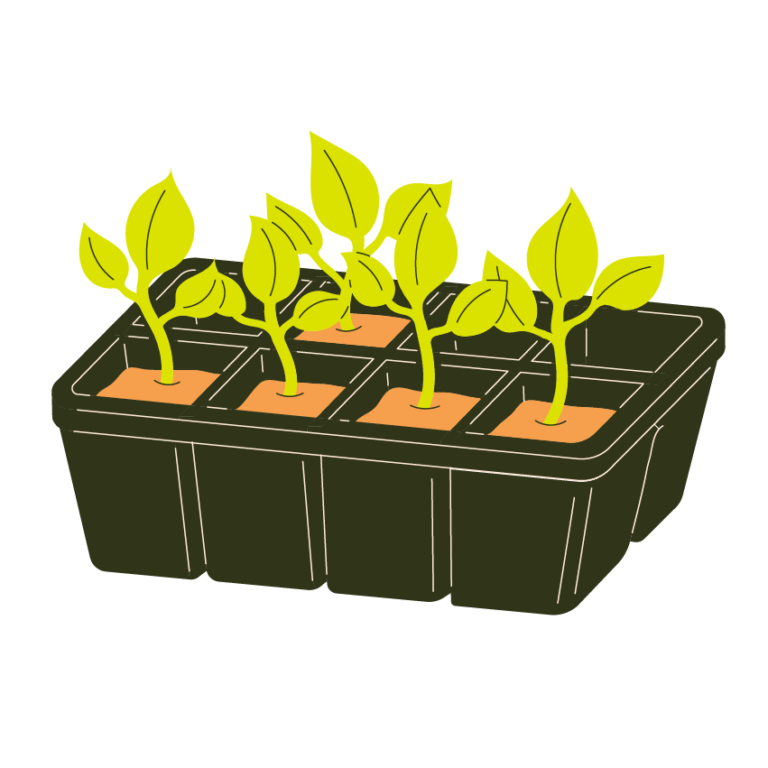The Salaam Weekend Club contributes to the integration of refugees, asylum seekers and new migrants (New Scots) in Edinburgh through responding to social isolation experienced specifically over the weekend. Partnering with local churches, volunteers and community groups, we created an event once a month, as a space where New Scots and their host communities can build relationships in a safe and relaxed environment. We wanted to intentionally include new migrants from different nationalities and backgrounds to celebrate and promote their cultural diversity and all they can bring to their local communities in Edinburgh.
Salaam Weekend Club Project
We want to create dialogues between the Scottish culture, introducing new migrants to different aspects of the local culture and at the same time, we want to open the space for New Scots to introduce their communities to aspects of their own cultural heritage through leisure activities such as sports, food, games, arts, etc.
Key Information
Geographical reach
Edinburgh
Dates
17/10/2021 – 19/11/2022
Target Groups
Older people, Younger people, Gender, Socio-economic disadvantage
Background
Research conducted by the Scottish Government shows that New Scots tend to be a group of people who are more isolated and require exceptional support from their communities to form new friendships and support networks. This data is also supported by integration scholars who have gathered qualitative research about the refugee and asylum-seeking experience in different parts of Europe (Ager and Strang (2004); Ripley Smith (2013); Wagner, (2020)).
After a year of tight social limitations due to the restrictions to tackle the spread of COVID-19, we believe there needs to be an extra effort in creating new relationships and friendships and strengthening the ones that might have weakened after long periods without much contact. An events programme will be particularly beneficial as we emerge from this difficult season. We are aware that, even in lockdown, refugees and asylum seekers were offered activities to support them, for example, English classes and conversation clubs. These activities often take place during the week, making the weekends a particularly lonely times for New Scots.
We also firmly believe that the integration process is one that transforms not only the experience of the new migrants, but also of the host community. With the events that took place in 2020 raising awareness of some manifestations of racism in the British society, we believe that championing and celebrating New Scots’ own cultural background will benefit Scottish society too, giving space to intercultural dialogues and promoting unity in diversity. We know that being exposed to relationships with people from different ethnic and cultural backgrounds is an effective way of reducing discrimination and promoting integration, and this is precisely what the Salaam Weekend Club aims to do.
Involvement of New Scots in project
Meaningful collaboration with refugees was a desire of the project from its inception. There were risks around ‘tokenising’ New Scots; to mitigate this, the event coordinator made efforts to build rapport and trust over time before approaching New Scots to become regular volunteers with the Weekend Club. In one case, a Ukrainian participant of one Weekend Club approached the Coordinator directly and requested to volunteer at future events. As language continued to be a barrier for some, efforts were made to provide translated information about upcoming events (and shared over platforms like email and WhatsApp). Bus passes were also provided in some cases (for example, for an asylum-seeker who does not have recourse to public funds). As the ‘core’ group of volunteers became diversified, efforts were made to incorporate them into the planning sessions which would be held (typically virtually) with other core volunteers and members of the hosting church.
Impact
Over the course of the project, a total of 11 monthly events were held with 11 different hosting churches, and 364 New Scots. While there were some variances in the nature/type of the social activities that occurred as part of each Weekend Club due to the collaborative nature of the project by which partner churches were encouraged to take part in the planning process, there were no significant activities that were planned to be undertaken but were not, nor additional activities not envisaged in the original plan.
The only factor that was slightly different than from what was originally proposed was the target groups. The project initially proposed to “target New Scots living in the surrounding area of the host community group”, yet this was made difficult by the diffused nature of New Scots living in Edinburgh. While efforts were always made to target New Scots living within the neighbourhood of the hosting group, the original proposal also included the option for targeting New Scots ‘within a reasonable distance’ of the hosting organisation. Due to the relatively compact size of Edinburgh, we feel this was achieved, as it was rare for any New Scot to have to travel more than 40 minutes via bus to reach the event.
There have been several New Scot individuals who, after attending a Weekend Club, have expressed interest in volunteering with the project. Three of these individuals then attended one or more future Weekend Club events in a volunteering capacity. This is evidence of an (unexpected yet celebrated) outcome of New Scots integrating within the project and with other volunteers.
Furthermore, it has been exciting to see New Scots of different nationalities interacting with each other at the event, even despite language barriers. An activity we have started doing at every event has been an icebreaker called ‘human bingo’ (find someone who likes the same food as you, etc). This activity has been instrumental in facilitating ‘bonds’ within and between diverse communities, another important trait of integration.

Challenges encountered
Staff turnover presented some challenges to the project. Since the beginning of the project, we have had a total of four Coordinators. Maria had to leave in December, 2021, a volunteer, Teresa, was brought on short-term to deliver the February 2022 event, and then Rachel, who was heading up the project, left our team in the spring of 2022 with short notice. This change to key members of staff caused organisational challenges when organising the June event.
The decentralised nature of the invitation process has presented some challenges, as the event coordinator often relies on community networks to share news of upcoming events with the wider New Scot community. As there is a limited capacity at each event (due to factors including venue space and the number of volunteers available), managing the flow of incoming RSVPs from a number of interested New Scots that is often greater than the capacity of the hosting church can present challenges.
Compounding this challenge are the language barriers that often exist among New Scots. To mitigate this challenge during the invitation process, the event coordinator works with members of the New Scot community who are able to help translate event details; the invitations are translated into the main languages of New Scots in Edinburgh (Arabic, Dari, and Ukrainian); and the event coordinator uses translation apps to translate communication that occurs via text and email.
Solutions
The staffing challenges were mitigated by the high level of familiarity that replacement staff had with the programming and contacts of the Weekend Club. They were already familiar with many of the partnering churches, volunteers, and New Scot participants, for example, as she works part-time with Edinburgh City Mission’s ‘Afghan Welcome’ program that aims to provide social activities for Afghan New Scots in the city living in bridging hotels. She found that she was able to successfully leverage her experience and networks to lead the Weekend Club with relatively few disruptions following the other staff members’ departure.
Two months (December 2021 and January 2022) had to be cancelled on account of COVID-19.
The event coordinator mitigated their challenges by making contact with every single person who RSVPs personally to ensure they have the correct information and are able to come, and in some cases, to let them know that the event is full but that there will be future opportunities that they will be invited to.
Reflections
Our organisation has learned the importance of diversifying engagement with supporting organisations for the purposes of referring New Scots, as opposed to overly relying on a single stakeholder. New Scots themselves are often interested in becoming active volunteers, and can be valuable resources for sharing information about upcoming events in their own networks, for example. Our organisation was also reminded of the importance of regular consultation with New Scots to consistently seek an understanding of their needs and interests to ensure programming remains as client-focused as possible.
Further Information
All events provided a consent form at the beginning, for which parents were require to provide a signature acknowledging that they were ultimately responsible for caring for their children, and at the conclusion, a feedback form. Both were translated into the most common languages represented at events (Dari, Arabic, and Ukrainian). The addition of the translations was born from our learning over the course of the project, when we realised that many participants often lacked the ability to read or write in English, and that as part of a trauma-informed practice, people must be empowered to provide informed consent. Both of these forms will continue to be used at future Weekend Club events, and we are happy to provide them to other organisations who are in need of such documents. In terms of methodology, we learned from past experience that feedback questions should be kept as simple and brief as possible, especially when language barriers are presented. Our questions include ‘Did you like this event? Why?’ and ‘Is there anything we can do to make this event better?’ Such a data collection approach provides simple, yet informative, quantitative and qualitative information for internal and external reporting purposes. Another addition to the project design has been providing a similar set of questions to volunteers.

